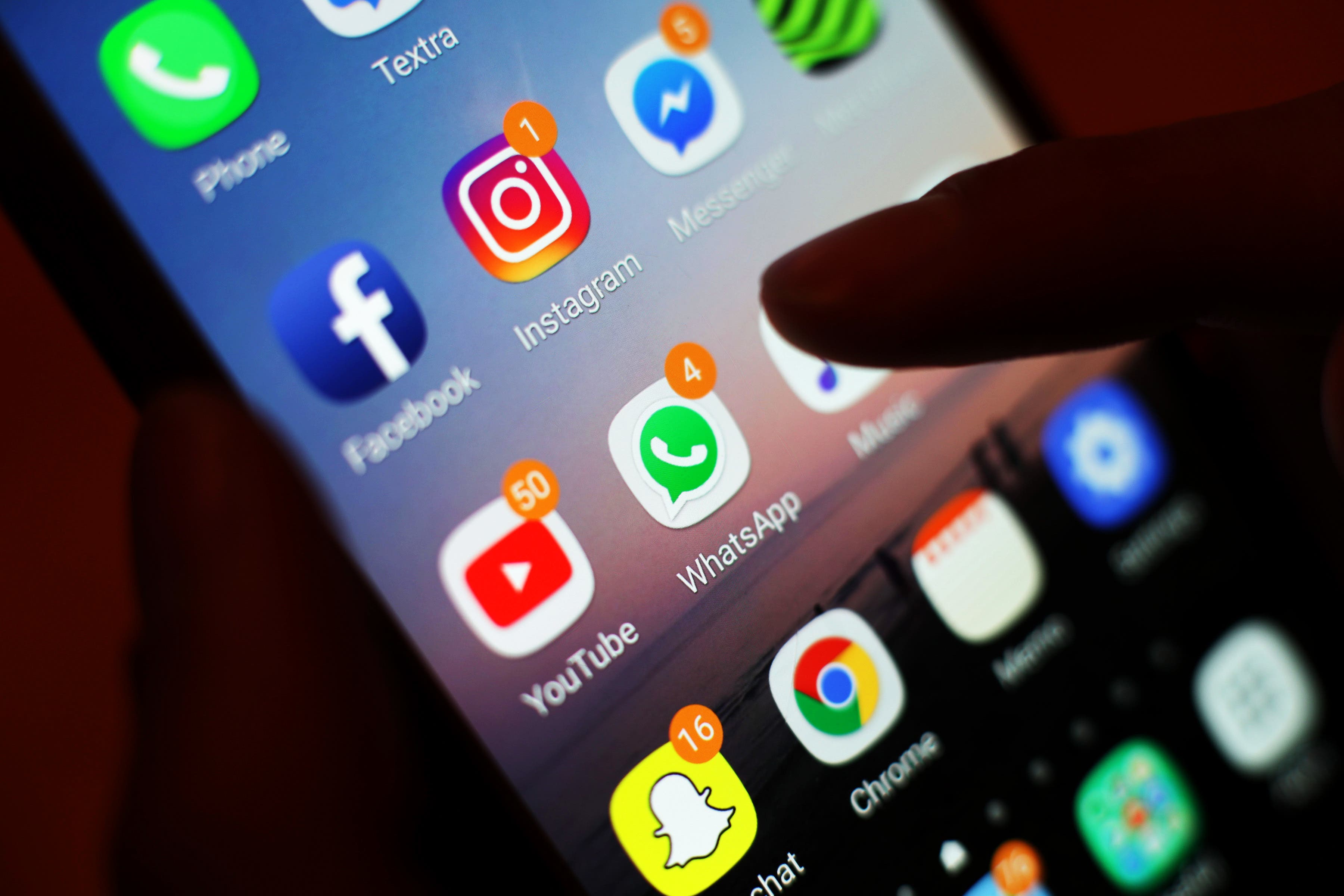Mobile phones not linked to brain cancer, World Health Organisation-backed study reveals
The study was first commissioned by the World Health Organisation in 2019, and is the most comprehensive to date

Your support helps us to tell the story
From reproductive rights to climate change to Big Tech, The Independent is on the ground when the story is developing. Whether it's investigating the financials of Elon Musk's pro-Trump PAC or producing our latest documentary, 'The A Word', which shines a light on the American women fighting for reproductive rights, we know how important it is to parse out the facts from the messaging.
At such a critical moment in US history, we need reporters on the ground. Your donation allows us to keep sending journalists to speak to both sides of the story.
The Independent is trusted by Americans across the entire political spectrum. And unlike many other quality news outlets, we choose not to lock Americans out of our reporting and analysis with paywalls. We believe quality journalism should be available to everyone, paid for by those who can afford it.
Your support makes all the difference.Mobile phones are not linked to brain cancer, a major five-year study commissioned by the World Health Organisation (WHO) has found.
Scientists at Australian Radiation Protection and Nuclear Safety Agency (Arpansa) examined more than 5,000 studies and found that despite the huge rise in the use of wireless technology, there had not been a corresponding increase in the incidences of brain cancer.
Those included in the study were people who make long phone calls or those who have used mobile phones for more than a decade.
The final analysis included 63 studies from between 1994 and 2022, assessed by 11 investigators from 10 countries. The work assessed the effects of radio frequencies used in mobile phones as well as TV, baby monitors and radar.
Co-author Mark Elwood, professor of cancer epidemiology at the University of Auckland, said the review looked at cancers of the brain in adults and children, as well as cancer of the pituitary gland, salivary glands and leukemia, and risks linked to mobile phone use, base stations, or transmitters, as well as occupational exposure.

The WHO and other international health bodies have said previously there is no definitive evidence of adverse health effects from the radiation used by mobile phones, but called for more research.
In 2013, the International Agency for Research on Cancer (Iarc) stated the electromagnetic fields produced by mobile phones could “possibly” cause cancer after some studies suggested tumours were more likely in those who used their mobile phones frequently.
“We concluded the evidence does not show a link between mobile phones and brain cancer or other head and neck cancers,” the study’s lead author, associate professor Ken Karipidis, said.
“Even though mobile phone use has skyrocketed, brain cancer rates have remained quite stable. It’s good to know that results of the WHO systematic review align with this sort of evidence which shows brain tumour rates have not increased.
“It’s important for us to continue our research, however, we can be quite confident there is no association between mobile phone use and brain tumours. Exposure to radio waves from wireless technology is not a human health hazard.”
The study was first commissioned by the WHO in 2019, and it is the most comprehensive to date.
Mobile phones – like all other wireless technology – work by transmitting radio-frequency electromagnetic radiation (radio waves) through a network of fixed antennas.
While exposure from mobile phones is still low, it is much higher than exposure from any other wireless technology sources since phones are used close to the head, Mr Karipidis said.
Join our commenting forum
Join thought-provoking conversations, follow other Independent readers and see their replies
Comments